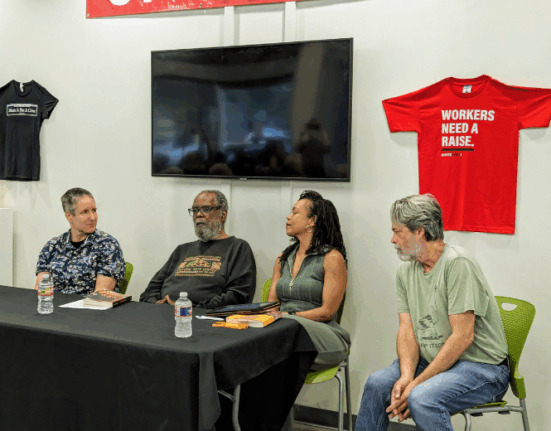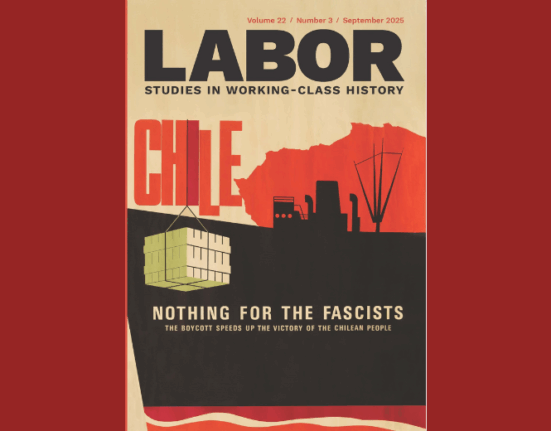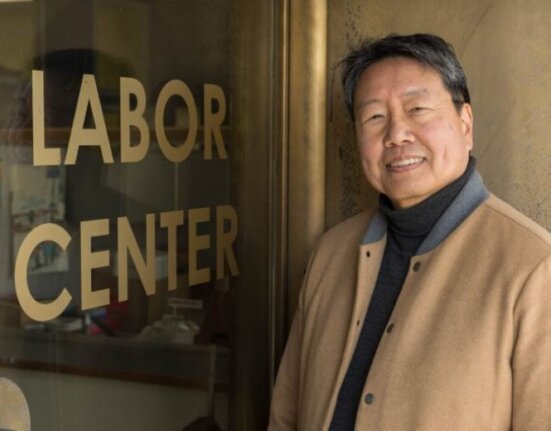All week I’ve been glued to coverage regarding our drone policy and the leak of documents rationalizing U.S. government policies surrounding their use. Talking heads, blogs and political commentary have me reeling over the implications of our new policy and its general disregard for due process, judicial review, and civil rights.
The trouble began under Bush W. when Congress authorized war not only against Afghanistan but also Al-Quaeda. Of course Al-Quaeda isn’t a country, but now U.S. forces could shoot its members on sight and detain suspected members of its organizations even if they are U.S. citizens. A new Department of Justice (DOJ)- leaked memo outlines rules for killing such U.S. citizens, including the provisions that a “high-level U.S. official believes that the individual in question poses an imminent threat of violent attack;” capture is not feasible; and the operation “complies with the laws of war.”
I want to parse the meaning of these vague phrases to pieces, because it is in the grey matter where all the historical abuses of power lie. It is one thing to target Al-Quaeda, but the new memo also expands our kill zone to include an additional, undefined “associated force.” Authors of this new doctrine also reveal their incredible arrogance when they nonchalantly redefine “imminent threat” to not mean not “imminent” at all but instead individuals who are “personally and continually involved in planning terrorist attacks.”
I sit squarely with those who argue that the terms outlined in the DOJ memo violate U.S. law and represent more than just a sign of its evolution. Even if we could ensure that “high-level” officials never make a mistake in their targets, the fact remains that the new policy undermines our democracy, encourages fear and protects irresponsible acts.
Thinking back through U.S. labor history and the many examples whereby the government misread social justice activism for threats, I worry about the current and future uses of this new policy. “Imminent threats” and “associated forces” can mean lots of things, and labor historians don’t have to look far to frame a past where “intelligence” sources are not valid and “imminent threats” are not imminent.
Just think about the current controversy surrounding one example from our past: the Haymarket anarchists. In that case, there were real bomb throwers. The individuals responsible for detonating Chicago’s Haymarket Square bomb in 1886, however, were almost certainly not the ones who died for that crime. The inability of justice to prevail in politically charged cases such as this — where the lines between belief and action are easily blurred — makes it even more important that the U.S. government keep the decision to kill or not to kill public and transparent. We have a history littered with bad calls, when fear has tested the foundation of our democracy and Americans have had to fight to maintain the principles embedded in our constitution. Unfortunately this is not a fight that we have won, but one that we must keep fighting and win.








1 Comment
Comments are closed.